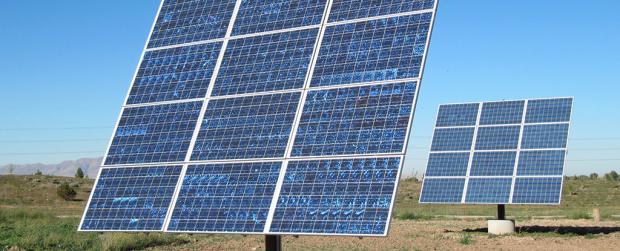
Breaking News
 China Will Close the Semiconductor Gap After EUV Lithography Breakthrough
China Will Close the Semiconductor Gap After EUV Lithography Breakthrough
 The Five Big Lies of Vaccinology
The Five Big Lies of Vaccinology
 Large global study analyzing data from 192 countries has sparked intense debate by suggesting...
Large global study analyzing data from 192 countries has sparked intense debate by suggesting...
Top Tech News
 EngineAI T800: Born to Disrupt! #EngineAI #robotics #newtechnology #newproduct
EngineAI T800: Born to Disrupt! #EngineAI #robotics #newtechnology #newproduct
 This Silicon Anode Breakthrough Could Mark A Turning Point For EV Batteries [Update]
This Silicon Anode Breakthrough Could Mark A Turning Point For EV Batteries [Update]
 Travel gadget promises to dry and iron your clothes – totally hands-free
Travel gadget promises to dry and iron your clothes – totally hands-free
 Perfect Aircrete, Kitchen Ingredients.
Perfect Aircrete, Kitchen Ingredients.
 Futuristic pixel-raising display lets you feel what's onscreen
Futuristic pixel-raising display lets you feel what's onscreen
 Cutting-Edge Facility Generates Pure Water and Hydrogen Fuel from Seawater for Mere Pennies
Cutting-Edge Facility Generates Pure Water and Hydrogen Fuel from Seawater for Mere Pennies
 This tiny dev board is packed with features for ambitious makers
This tiny dev board is packed with features for ambitious makers
 Scientists Discover Gel to Regrow Tooth Enamel
Scientists Discover Gel to Regrow Tooth Enamel
 Vitamin C and Dandelion Root Killing Cancer Cells -- as Former CDC Director Calls for COVID-19...
Vitamin C and Dandelion Root Killing Cancer Cells -- as Former CDC Director Calls for COVID-19...
 Galactic Brain: US firm plans space-based data centers, power grid to challenge China
Galactic Brain: US firm plans space-based data centers, power grid to challenge China
Scientists Have Broken the Efficiency Record for Mass-Produced Solar Panels

Researchers in Japan have set a new record for the efficiency of mass-produced solar panels, meaning even more of the Sun's energy can now be converted into electricity.
The efficiency record for solar panels now stands at 26.6 percent - breaking the previous record established in 2015.
"Improving the photoconversion efficiency of silicon solar cells is crucial to further the deployment of renewable electricity," the team from Japan's Kaneko company explains. "This result confirms the strong potential of silicon photovoltaics."
To reach their record-breaking efficiency level, the team layered silicon inside individual cells to minimise band gaps where electrons can't exist and sunlight is wasted.
This approach is called thin-film heterojunction (HJ) optimisation, and while other scientists have attempted the procedure before, the Kaneko researchers improved the technique and were able to achieve that 26.6 percent milestone.

 This is why RAM costs so much
This is why RAM costs so much

